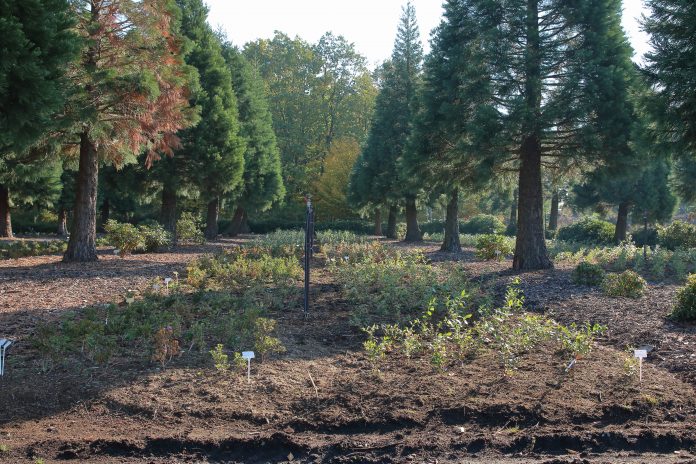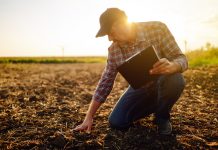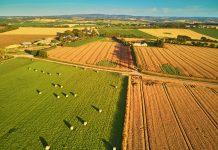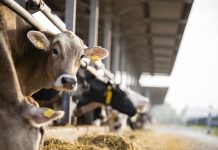Can agroforestry and mixed farming systems provide whole ecosystem approaches to sustainable and resilient landscape management? Dr Sara Burbi, Assistant Professor at Coventry University explores
Most of us now admit that the decisions made, and actions taken in the next 10 years will have profound impacts on the climate crisis, for better, or for worse. We must think strategically and systemically if we are to succeed in transitioning to a fair and sustainable future for people and planet. The good news is it is completely within our reach.
Not only that, but evidence from the German Advisory Council on Global Change, suggests that a significant majority of us would support ambitious climate protection measures and would welcome a new economic system to achieve it. But how do we agree on the best way to get there?
The United Nations Sustainable Development Goals (SDGs) are the closest thing we have to global governance and, if we achieve all 17, would surely represent a paradigm shift in how we structure our societies.
Surprisingly for some, our global food system can be seen lurking behind every single one of the SDGs and generally, in a negative way. Whether that’s by polluting our rivers and oceans, displacing communities from their land, paying unfair wages in unsafe working conditions, degrading our soils, eradicating biodiversity or making us sick, a major culprit is the way powerful actors (in the global North) have set up systems to grow, transport and process our food.
But this ‘interconnectedness’ of our food systems and the multiple and converging crises of biodiversity loss, climate breakdown, rising inequalities and financialisation of land, is also our reason to be hopeful. If we succeed in changing the way we produce and consume food and in so doing, change our relationship with the land, we will be well on the way to limiting global warming to 1.5C and may well address issues such as land reform, reparative justice and meaningful work for all along the way.
Coordinated by Coventry University, AGROMIX brings together researchers, farmers and policymakers to explore the transition towards resilient farming, efficient land use, and sustainable agricultural value chains in Europe. Funded by the European Union’s Horizon 2020 research and innovation programme, this four-year project brings together 28 partners from 14 countries (10 universities, 11 multi-actor partners, and seven research institutes), using multi-actor co-design methods to promote and implement agroforestry and mixed farming systems through 12 pilot sites and six long-term trial sites across the region.
Importance of agroforestry and mixed farming systems
AGROMIX focusses on two practical agroecological approaches to our food system: mixed farming (MF) – incorporating crops and livestock on the same farm to benefit from their ecological interactions, and agroforestry (AF) – integrating trees into the farmed landscape. Both systems increase the agrobiodiversity on farms and have been shown to increase yields; reduce soil erosion; improve animal welfare; sequester carbon; limit external inputs and improve resilience to external climate shocks. And it’s not just ecological benefits. Recent analysis by Vivid Economics and Climate & Sustainability shows that AF creates an average of 56 jobs per €1 million invested compared to 45 jobs for electric vehicles and 31 jobs for road-building. In terms of economic return, every €1 of spending on AF produces on average €3 of gross-valued added (GVA) to the economy compared with €1.8 for electric vehicles and €1.2 for upgrading roads.
These benefits of AF and MF systems mean they are particularly relevant to current discussions within several European initiatives, such as the EU Carbon Farming and Carbon Certification initiatives, the Biodiversity target, Farm to Fork Strategy, Tree planting targets, the Common Agricultural Policy (CAP) and National Resilience and Recovery Plans (NRRPs).
AGROMIX WP6 Policy Co-Development
Getting policy ‘right’ is a fundamental aspect of the transition we so desperately need. A critical element of AGROMIX’s work will therefore be the policy co-development outputs. The approach is a participatory one, with opportunities for deliberative dialogues and roundtable events which bring together a variety of stakeholders to discuss trade-offs and the practical implementation of AF/MF systems. Twelve knowledge exchange hubs across Europe will also facilitate sharing of information among all stakeholders.
AGROMIX will address the issue of public goods from agriculture and forestry and the current bottlenecks related to the lack of MF/AF-adapted policy frameworks. Such policies can facilitate the uptake of these farming systems and a greater integration of the systems and synergies where ‘mixed-ness’ is not only considered at farm level, but can also be the result of higher synergy between specialised farms and elements of the value chain. We aim to contribute to policy development to support national and EU (post-2020 CAP) policies to overcome trade-offs and conflicts brought by specialisation scenarios. This will support agroecological transition to mitigate climate change and improve adaptability, and suggest new policies at regional, national and EU level for farmers, advisers, processors and other stakeholders.
Planned activities include an assessment of existing policies (EU and globally) and their role in national and regional implementation to support MF/AF systems; the identification of strategies for policy improvement and of improved policy design and implementation options; a catalogue of MF/AF-adapted best practices; and a gender-balanced assessment of policy recommendations.
Expected impacts throughout the project and beyond
By working collaboratively with farmers, industry, policymakers and thought leaders, AGROMIX aims to deliver meaningful research and tools that will help us as a society shift towards more fair and sustainable forms of land use and cropping systems. Whether that’s by advocating for and implementing new policies at the landscape level, finding innovative ways to finance the transition for farmers or awareness-raising for consumers and retailers.
If we want to find ways to facilitate and de-politicise decisions around land use and farming systems then we need an internationally agreed upon, contextually variable method of analysis. To achieve that, we must work collaboratively to find ways to assess the suitability, sustainability, resilience and productivity of our landscapes and the food systems they support.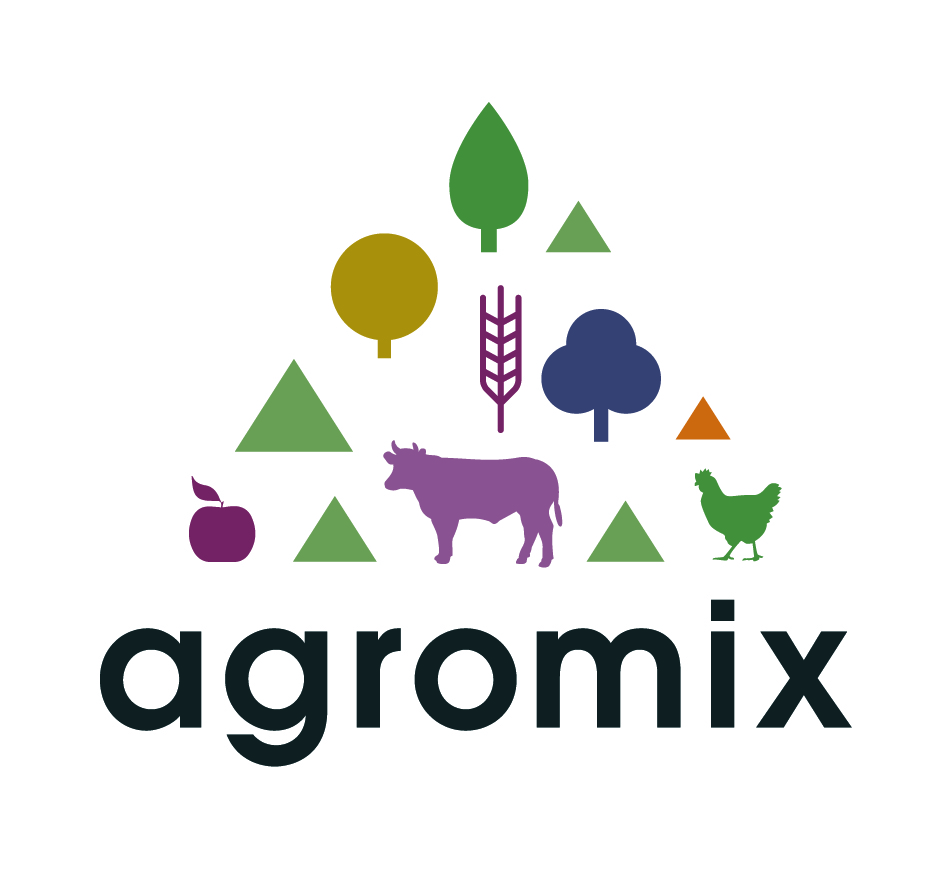
Get in touch if you want to be involved!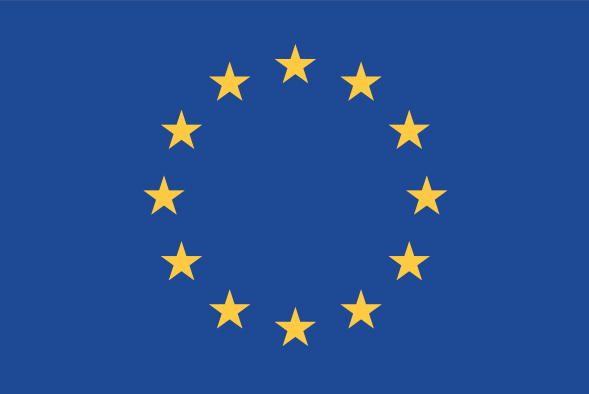
The AGROMIX project has received funding from the European Union’s HORIZON 2020 Research programme under the Grant Agreement no. 862993.
REVOLVE
https://twitter.com/RevolveMediaCo
https://www.instagram.com/revolvemedia/
https://www.linkedin.com/company/revolve-group/
AGROMIX Project
https://twitter.com/agromixproject

